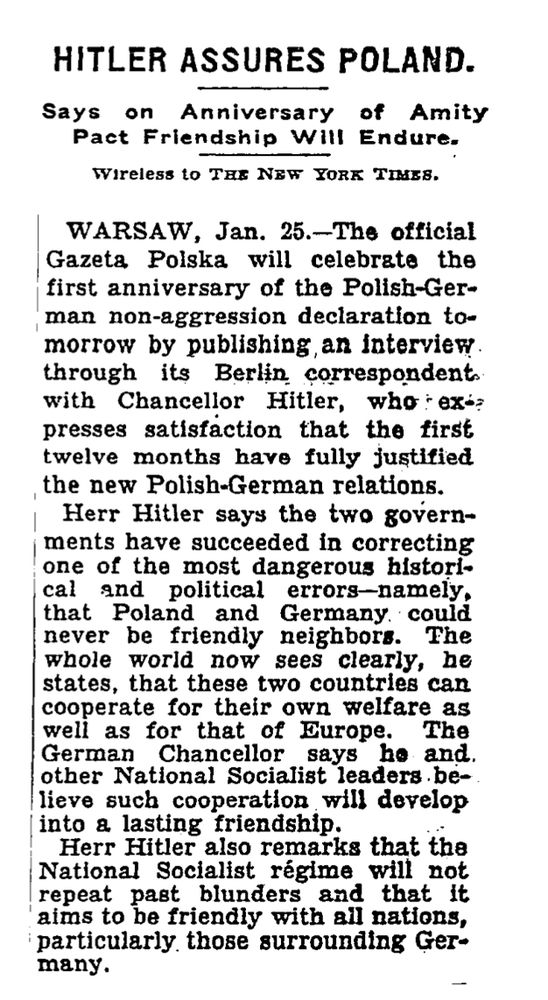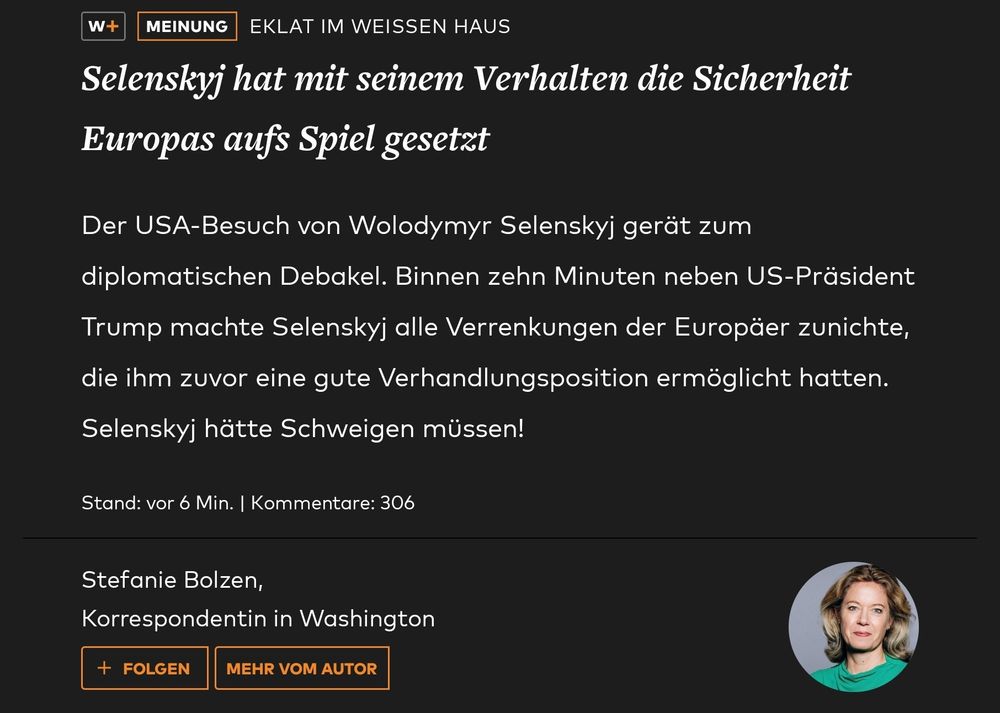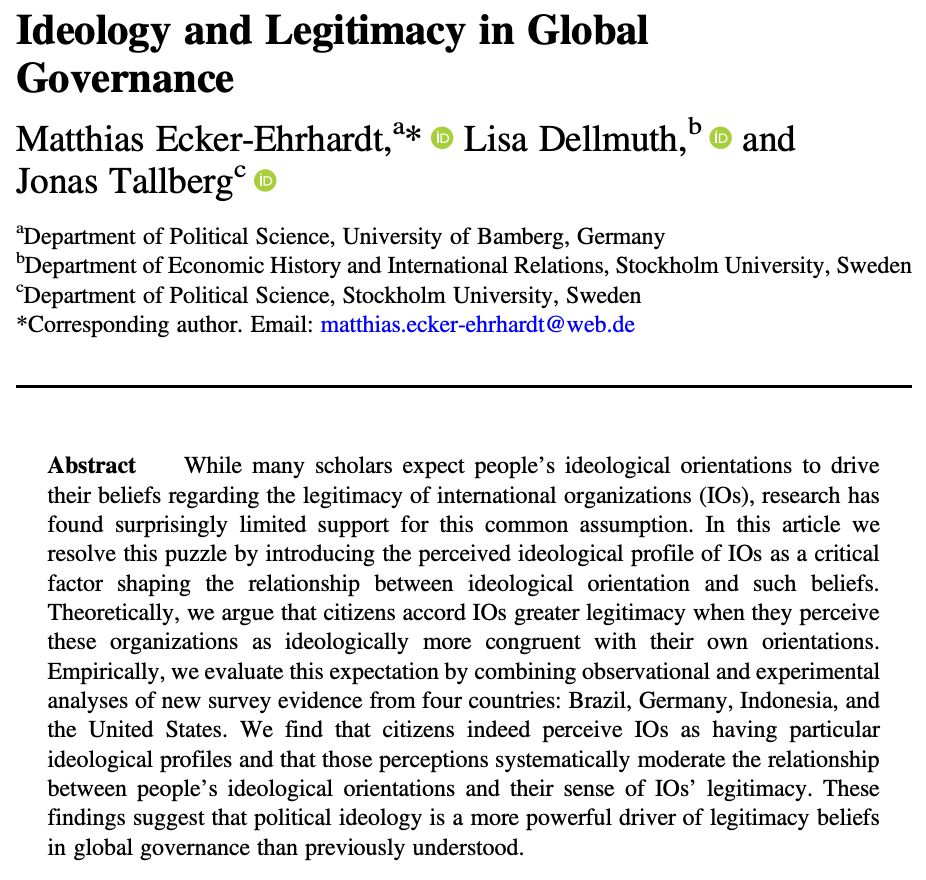Posts
Media
Videos
Starter Packs
Reposted by Matthias Ecker-Ehrhardt
Reposted by Matthias Ecker-Ehrhardt
Reposted by Matthias Ecker-Ehrhardt
Reposted by Matthias Ecker-Ehrhardt
Reposted by Matthias Ecker-Ehrhardt
Elvira Rosert
@elvirarosert.bsky.social
· Feb 28
Reposted by Matthias Ecker-Ehrhardt
Reposted by Matthias Ecker-Ehrhardt












